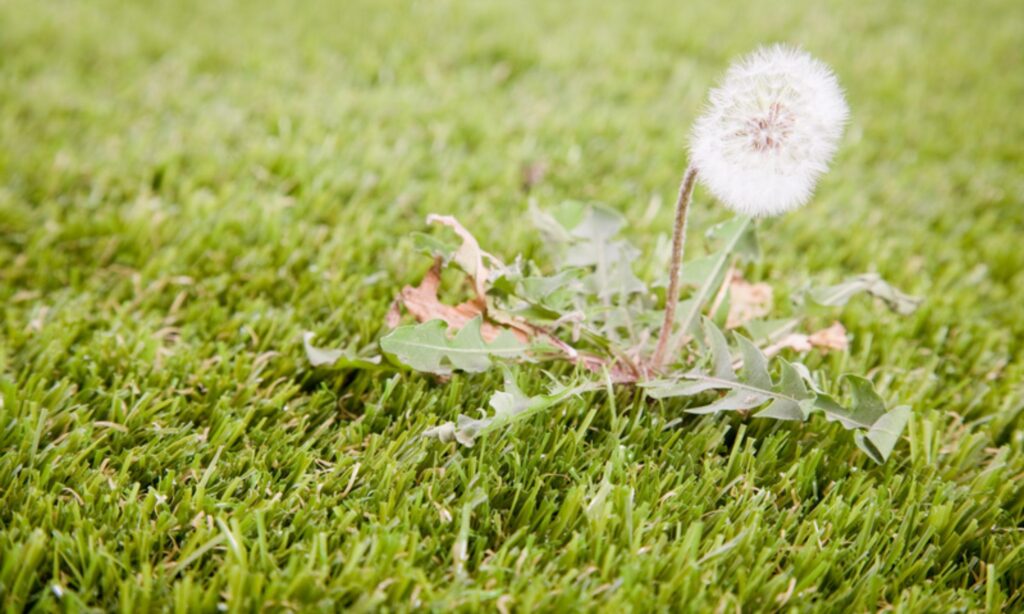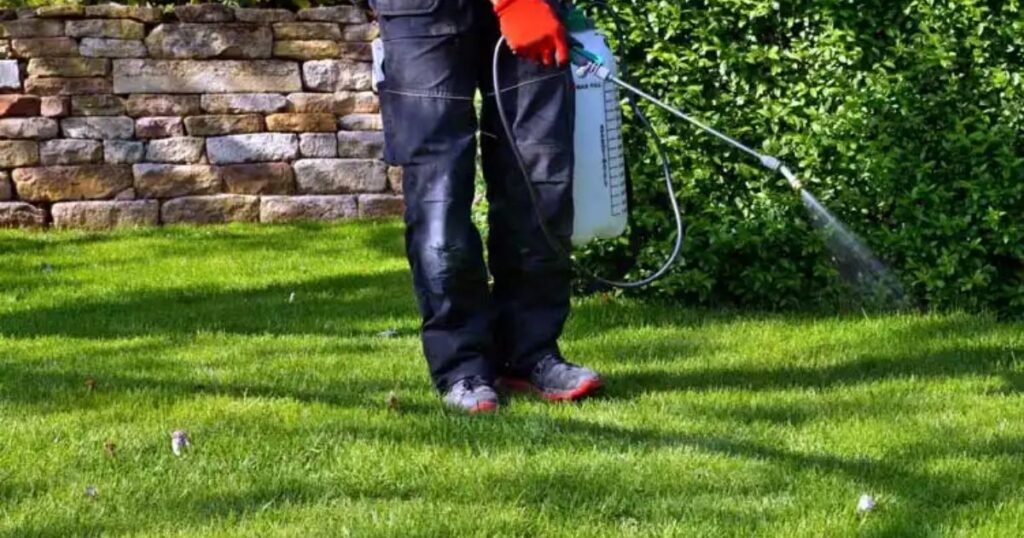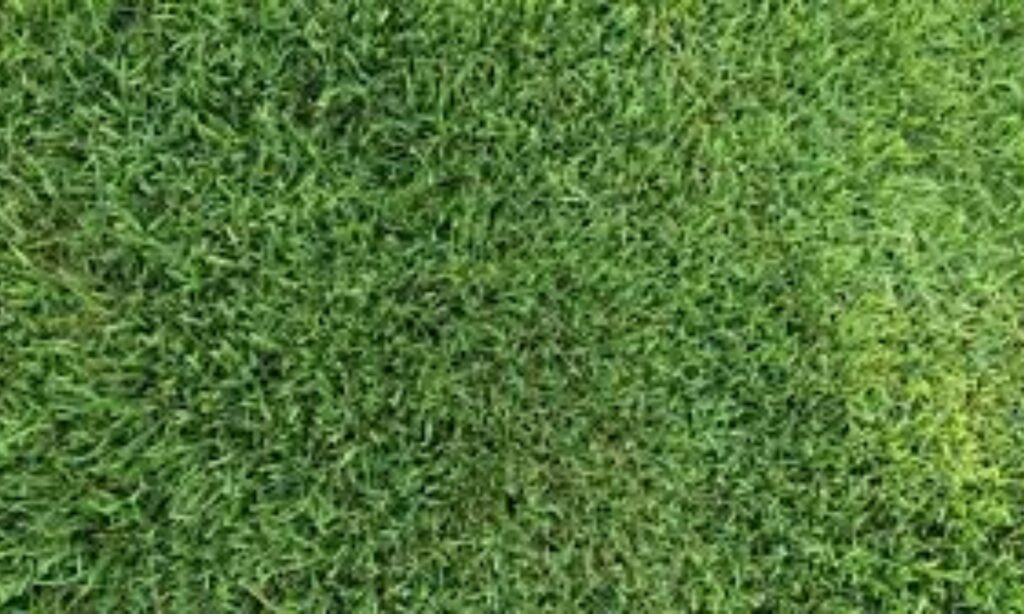If you live in South Florida, you know how hard it is to get rid of weeds. With the warm, tropical climate, it feels like they pop up overnight. Many types of weeds here love heat and humidity, and they grow fast. So, you need a good solution. But what is the best weed killer for South Florida? In this blog, we’ll explore what works best for our environment.
Why South Florida Weeds Are Hard to Manage
South Florida has a very different climate from other parts of the U.S. We’re in a subtropical region, which means warm weather all year and a long rainy season. This type of environment makes it easy for weeds to grow, and hard to kill them. The weeds here are not just the common types—they include tropical weeds, like crabgrass, nutsedge, and dollar weed, that love moist soil.
- According to the University of Florida IFAS Extension, the region’s sandy soil and high humidity provide ideal conditions for these weeds. As a result, managing weeds here requires specific strategies and products that suit this unique environment.
Our soil is often sandy too, which makes weed control even harder. Some weed killers work well in loamy or clay soil but don’t work the same in sandy soil. For this reason, we need to be careful when choosing the right weed killer.

Types of Weed Killers: Which One Works Best?
1. Pre-emergent Weed Killers
Pre-emergent weed killers are best used before weeds appear. They stop weed seeds from sprouting, which can help keep your lawn clean. In South Florida, where weeds seem to grow non-stop, pre-emergents like Prodiamine work well. Apply it in early spring and again in the fall to keep weeds away.
- According to a report by Purdue University, pre-emergents like Prodiamine can effectively reduce common weed problems by up to 70% if applied at the right time of year.
If you have common South Florida weeds like crabgrass or goosegrass, a good pre-emergent can be the first step. Timing is important. Because it’s warm most of the time here, you need to apply it before the main growing seasons.
2. Post-emergent Weed Killers
Post-emergent weed killers target weeds that are already growing. This type is useful when you see weeds that have broken through the soil. In South Florida, Glyphosate and Dicamba are popular post-emergents. They are broad-spectrum, which means they can kill many kinds of weeds.
Be careful, though. These chemicals can hurt your other plants if you are not precise. It’s good to use a spray shield or carefully apply the weed killer only to the weeds. Roundup® is a trusted brand, but make sure you use the right formula for your situation—not all Roundup® is for lawns.
The Environmental Protection Agency (EPA) advises careful use of Glyphosate, ensuring it’s applied only where needed to reduce any possible impact on surrounding plants and animals.
3. Organic Weed Killers
Some people prefer organic options, especially if they have pets or kids playing on the lawn. One good organic weed killer for South Florida is vinegar-based herbicide. Products like Green Gobbler have acetic acid as the active ingredient. They work well for small patches of weeds and are safe for the environment, but they usually need more than one application.
Another organic method is corn gluten meal. It works as a natural pre-emergent and is safe for the environment. Keep in mind, though, that organic methods work slower, and might not be as strong on tough weeds.
- According to Consumer Reports, vinegar-based herbicides can be effective on weeds but may require repeat applications, especially in high-heat areas like South Florida.
How to Choose the Best Weed Killer
1. Consider the Type of Weeds
Different weeds need different solutions. For example, Dollarweed loves damp soil and often needs a special herbicide that targets it. Nutsedge is another tough weed found here that responds best to a herbicide with Halosulfuron.
- Florida Department of Agriculture recommends using a selective herbicide for tough weeds like nutsedge to ensure you do not harm the surrounding lawn.
2. Know Your Lawn Type
In South Florida, we have different kinds of grass, like St. Augustine or Zoysia. Some weed killers can hurt your lawn if not used properly. If you have St. Augustine grass, you might want to avoid certain strong herbicides, as they could cause yellowing or even kill parts of your grass.
3. Safety Concerns
If you have pets or children, safety is very important. Using organic weed killers or products labeled “safe for pets” is a good choice. Products like Doctor Kirchner’s Natural Weed Killer are safe, and they work using natural ingredients like vinegar and saltwater. They might not be as strong as chemical herbicides, but they are much less toxic.
- A survey from SafeLawns.org showed that over 60% of homeowners prefer organic weed killers when they have young children or pets using the lawn regularly.
Best Brands for South Florida Lawns
In South Florida, several brands are used often because they’re trusted by the community. Brands like Roundup®, Spectracide®, and Scotts® are popular. Each has different weed control products that work well under Florida conditions. Southern Ag is another brand that makes products for southern climates and is worth checking out.
For organic options, brands like Green Gobbler and Doctor Kirchner are popular, especially among those who want a more eco-friendly solution.
According to a local affordable lawn care survey by Home Advisor, Southern Ag and Scotts® were found to be among the top-rated brands for effectively managing weeds in Florida’s climate.
Timing Is Everything
For best results, timing your weed killer application is key. In South Florida, there are two main growing seasons—spring and fall. Applying pre-emergent weed killers before these seasons start will help keep weeds from coming up. For post-emergents, it’s best to tackle weeds early, while they are still small. Bigger, mature weeds are harder to kill and may need more applications.
- The University of Florida recommends applying pre-emergents just before the rainy season begins for the most effective control.
Pro Tips for Success
- Always read labels. Not all weed killers work for all types of grass.
- Spot treat. For post-emergents, it’s better to spot-treat weeds rather than treating the whole lawn.
- Reapply if needed. Sometimes one round of weed killer is not enough. Be patient and reapply as the product label says.
- Apply during calm weather. Wind can move chemicals to other plants and cause damage. It’s best to apply weed killer when it’s calm.
Conclusion: The Best Weed Killer for South Florida
The “best weed killer” depends on your needs—if you are targeting a certain weed, worried about lawn safety, or looking for an organic option. For many lawns in South Florida, a mix works best: use a pre-emergent in early spring, spot treat with a post-emergent, and consider organic options for smaller areas or safety.
Remember, weeds in South Florida are stubborn because of the warm, wet climate. Picking the right product and using it right makes all the difference in keeping your lawn beautiful and weed-free.
References:
- University of Florida IFAS Extension
- Purdue University Weed Management Guide
- Environmental Protection Agency (EPA)
- Consumer Reports: Organic Herbicides
- Florida Department of Agriculture Weed Control Guidelines
- SafeLawns.org Survey
- Home Advisor Local Lawn Care Survey


